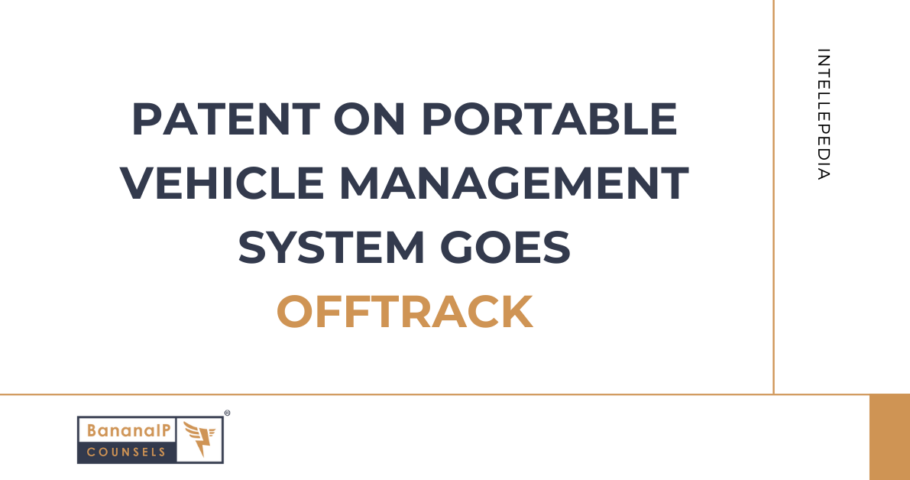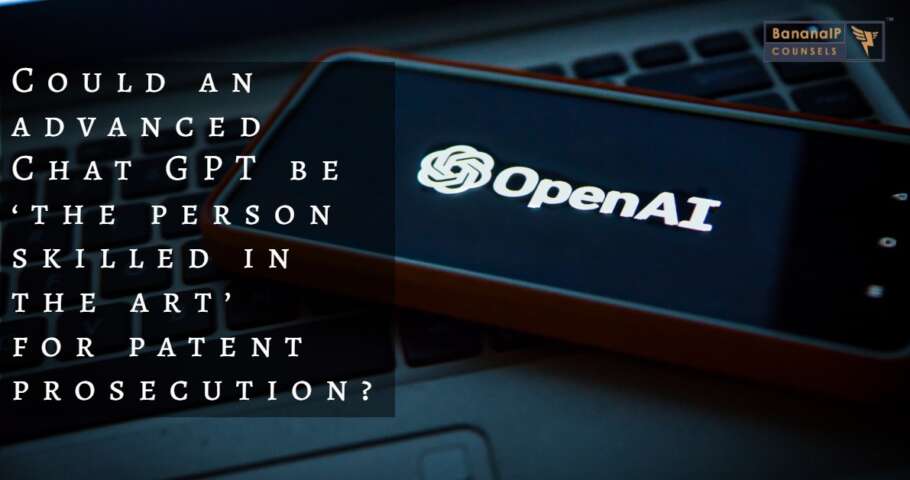The Delhi High Court confirmed the refusal of Mahesh Gupta’s patent application for a Portable Vehicle Management System, citing the lack of an inventive step in light of prior arts D4 and D5. The decision underscores important principles of patentability, including mosaicing, hindsight bias, and the criteria for non-obviousness. Continue Reading Patent on Portable Vehicle Management System goes offtrack










